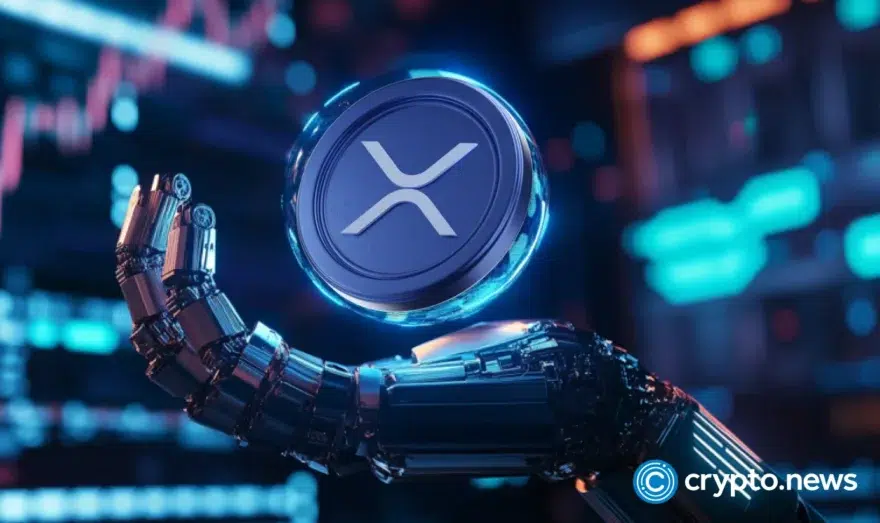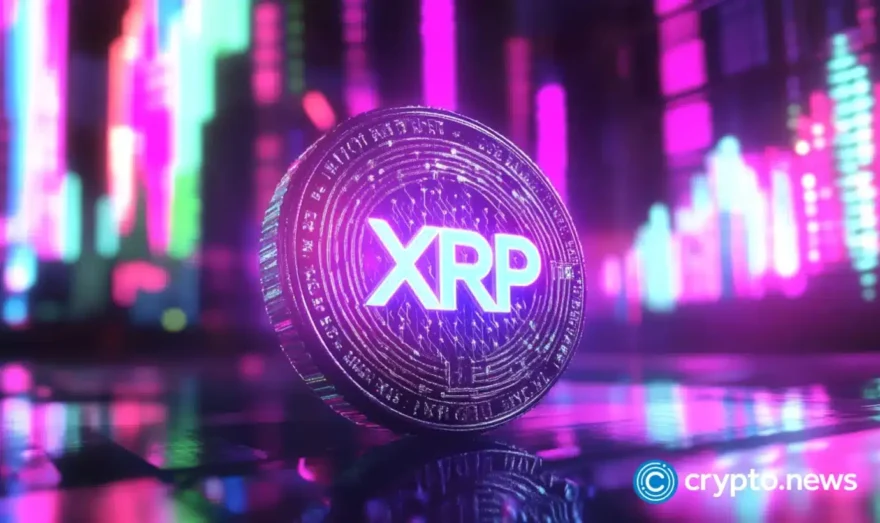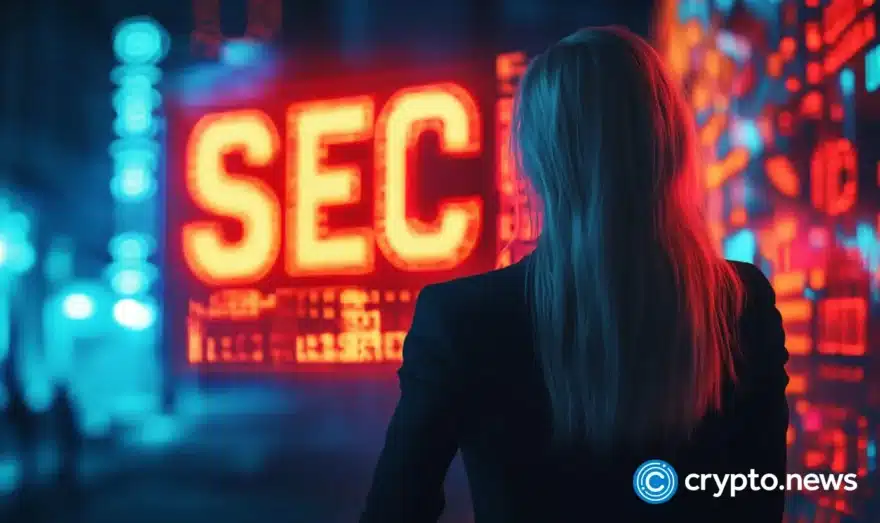Ripple’s CEO sees release of Hinman documents as positive

Brad Garlinghouse, the CEO of Ripple, has expressed his anticipation for the upcoming release of the Hinman documents, hinting at potential positive implications for the legal status of XRP.
The documents are scheduled to be unsealed on June 13, and according to Garlinghouse, they have been “well worth the wait.”
The Hinman documents refer to a deposition of William Hinman, the former director of the Division of Corporation Finance at the U.S. Securities and Exchange Commission (SEC).
The deposition is part of the ongoing legal battle between Ripple and the SEC, which alleges that Ripple conducted an unregistered securities offering by selling XRP.
Garlinghouse’s comments suggest that the documents may contain information favorable to Ripple’s case. However, the specifics of what the documents contain remain unknown until their release.
The outcome of the Ripple-SEC lawsuit could have significant implications for the broader crypto industry, potentially setting a precedent for how digital assets are classified and regulated in the United States.
In the meantime, Ripple continues to operate and develop its payment protocol, which uses XRP for instant, low-cost international money transfers. Despite the legal uncertainty, Ripple has maintained partnerships with numerous financial institutions worldwide, demonstrating the utility and potential of blockchain technology in the financial sector.
The Ripple-SEC lawsuit is one of several legal actions the SEC has taken against crypto companies, reflecting the agency’s increasing scrutiny of the industry. As the regulatory landscape for crypto continues to evolve, industry participants and observers alike are closely watching these developments.
The release of the Hinman documents represents a significant moment in the Ripple-SEC lawsuit, and the crypto industry more broadly.
As such, Garlinghouse’s optimism may signal a turning point in the case, and potentially, the regulatory treatment of digital assets in the United States. However, until the documents are unsealed and their contents revealed, the full implications remain speculative.















